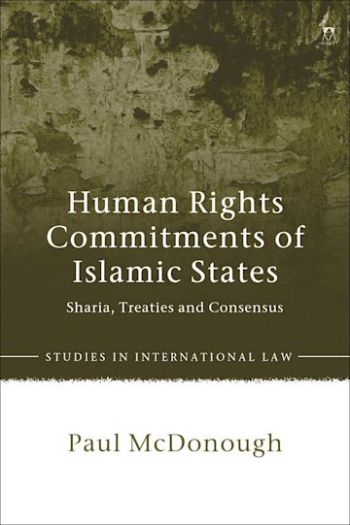
This book examines the legal nature of Islamic states and the human rights they have committed to uphold. It begins with an overview of the political history of Islam, and of Islamic law, focusing primarily on key developments of the first two centuries of Islam. Building on this foundation, the book presents the first study into Islamic constitutions to map the relationship between Sharia and the state in terms of institutions of governance. It then assesses the place of Islamic law in the national legal order of all of today's Islamic states, before proceeding to a comprehensive analysis of those states' adherences to the UN human rights treaties, and finally, a set of international human rights declarations made jointly by Islamic states.
Throughout, the focus remains on human rights. Having examined Islamic law first in isolation, then as it reflects into state structures and national constitutional orders, the book provides the background necessary to understand how an Islamic state's treaty commitments reflect into national law. In this endeavour, the book unites three strands of analysis: the compatibility of Sharia with the human rights enunciated in UN treaties; the patterns of adherence of Islamic states with those treaties; and the compatibility of international Islamic human rights declarations with UN standards. By exploring the international human rights commitments of all Islamic states within a single analytical framework, this book will appeal to international human rights and constitutional scholars with an interest in Islamic law and states. It will also be useful to readers with a general interest in the relationships between Sharia, Islamic states, and internationally recognised human rights.